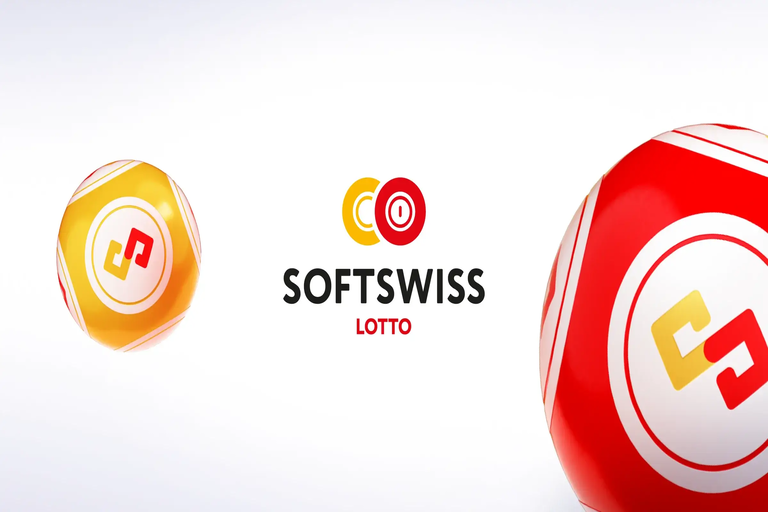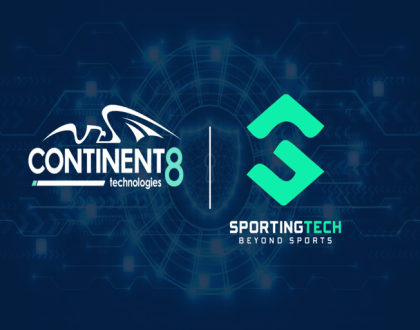SOFTSWISS Lotto Software: Legal Risks and Compliance Concerns

The recent launch of the SOFTSWISS Lotto Software, a platform designed to enable operators to offer lottery betting on a wide range of international draws, has been hailed by its creators as a game-changing innovation in the iGaming industry. However, beneath the surface of this seemingly revolutionary product lies a potential minefield of legal and regulatory challenges that operators must carefully navigate, particularly in jurisdictions with stringent gambling laws, such as Malta.
Independence from Traditional Lotteries: A Double-Edged Sword
One of the key selling points of the SOFTSWISS Lotto Software is its independence from traditional lottery organizers. By allowing operators to offer bets on the outcomes of hundreds of popular national lottery draws worldwide, the platform positions itself as a flexible and globally adaptable solution. However, this independence also raises significant legal questions.
Regulatory Framework in Malta
- Malta Gaming Authority (MGA):
- The MGA is responsible for regulating most forms of gambling in Malta. This includes not just traditional lotteries, but also various other forms of gambling such as online casinos, sports betting, and betting on lottery outcomes.
- The MGA typically categorizes gambling activities into different classes, each requiring a specific type of license. For instance:
- Type 1 License: Covers games of chance, such as casino games, where the outcome is determined by a random generator.
- Type 3 License: Covers games of chance not against the house, where players bet against each other, such as betting exchanges or poker networks.
- Betting on Lottery Outcomes:
- In many regulated jurisdictions, including Malta, betting on the outcomes of lotteries is generally treated as a form of gambling. It is not considered a lottery in the traditional sense but rather falls under betting activities.
- Operators offering such services would typically need to secure a gambling license appropriate to the type of betting they are offering, which would, in this case, likely require a Type 3 license under MGA regulations.
- This conclusion is based on the broad scope of the MGA's licensing requirements, which are designed to ensure that all forms of gambling, including newer formats like betting on lottery outcomes, are appropriately regulated.
Potential Legal Misinterpretation
- The SOFTSWISS platform's claim of operating independently of traditional lottery systems might suggest to operators that they do not need to obtain the same licenses that a traditional lottery would require. However, since the platform facilitates gambling (in the form of betting on lottery outcomes), it would still fall under the regulatory scope of the MGA in Malta.
Risks of Non-Compliance
- If operators mistakenly believe that the platform's design frees them from the need to obtain the necessary licenses, they could find themselves in breach of Maltese law. This could lead to significant legal consequences, as the MGA enforces compliance strictly.
Global Reach vs. Local Compliance
The SOFTSWISS Lotto Software’s capability to support over 300 international lottery draws is marketed as a major advantage. However, this global reach also complicates compliance, particularly for operators in jurisdictions like Malta, where the gambling industry is tightly regulated. The MGA distinguishes between different types of gaming activities, and the SOFTSWISS platform, depending on its implementation, could fall under multiple categories, each requiring specific licensing.
Operators must be acutely aware that operating this software in Malta without the appropriate license could lead to severe legal repercussions. The platform’s promise of simplified compliance by bypassing traditional lottery systems does not exempt it from the necessity of adhering to local gambling laws. In fact, this approach might put operators at risk of violating Malta’s stringent licensing requirements, which could result in fines, legal action, or even the revocation of operating licenses.
Customization: A Legal Gray Area
While the SOFTSWISS platform’s customisation features offer operators the flexibility to tailor the betting experience to specific markets, this also introduces a legal gray area. The ability to modify bet types and settings to align with local market demands may inadvertently lead operators into non-compliance with local regulations. For instance, offering specific bet types that are prohibited in certain jurisdictions could result in legal challenges.
In Malta, where the MGA closely monitors all forms of gambling activities, any deviation from approved betting formats could be seen as a breach of the terms of the license. This places operators at risk, as they may unknowingly offer services that are not permitted under Maltese law, simply by using the platform’s customizable features.
Proceed with Caution
The launch of the SOFTSWISS Lotto Software presents operators with an innovative tool to expand their iGaming portfolios. However, the platform’s marketing rhetoric around its independence from traditional lottery systems and its global adaptability should be approached with caution. Operators must not be misled into thinking that the platform’s design inherently shields them from the legal obligations that come with offering lottery betting services, particularly in tightly regulated markets like Malta.
Before adopting the SOFTSWISS Lotto Software, operators must conduct thorough legal due diligence to ensure full compliance with all relevant local regulations, including obtaining the necessary licenses from authorities like the Malta Gaming Authority. Failure to do so could result in significant legal and financial consequences, undermining the very benefits that the platform purports to offer.
In summary, while the SOFTSWISS Lotto Software offers promising features and capabilities, it is imperative that operators remain vigilant and ensure that their use of this platform is fully compliant with local licensing laws. The potential legal risks associated with bypassing these regulations are too significant to ignore.
FAQs
What is the SOFTSWISS Lotto Software?
The SOFTSWISS Lotto Software is a platform designed to enable operators to offer betting on the outcomes of international lottery draws, offering flexibility and global adaptability.
Does the SOFTSWISS Lotto Software require a specific license in Malta?
Yes, operators using the SOFTSWISS Lotto Software in Malta typically need to secure a Type 3 gambling license from the Malta Gaming Authority (MGA) to comply with local regulations.
What are the risks of not obtaining the proper license when using SOFTSWISS Lotto Software?
Failure to obtain the correct license can result in legal action, fines, or even the revocation of operating licenses, particularly in tightly regulated markets like Malta.
How does the SOFTSWISS platform’s independence from traditional lotteries impact its legality?
While the platform's independence offers flexibility, it also raises significant legal questions, as operators must still adhere to local gambling laws and obtain the necessary licenses.
What should operators consider before using the SOFTSWISS Lotto Software?
Operators should conduct thorough legal due diligence, ensuring compliance with local regulations, particularly in jurisdictions with strict gambling laws like Malta.
Michael
With over 20 years experience in web design, SEO and website promotion I always give you an expert advice in regard to any issues related to your Site Design, SEO, Internet Marketing, Promotion, Backlinks, Site Content. In order to help you find out what is missing or can be improved and get higher rankings in Google and more traffic.
Recommended Posts

James Curwen: Shaping Yggdrasil’s Future
October 4, 2024

Kaizen Gaming’s Success at SBC Awards 2024
October 4, 2024

Sportingtech Boosts Security with Continent 8
October 4, 2024



